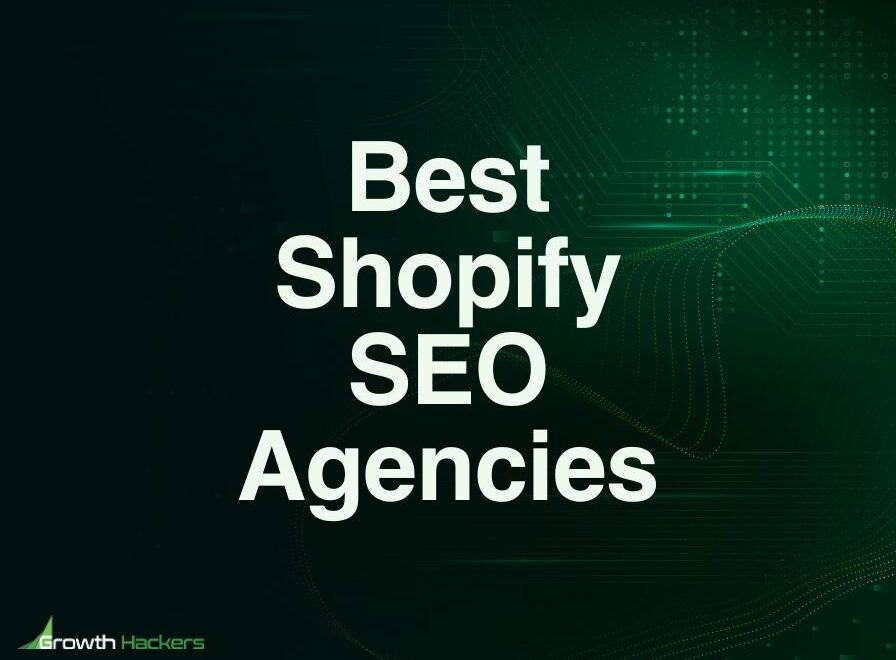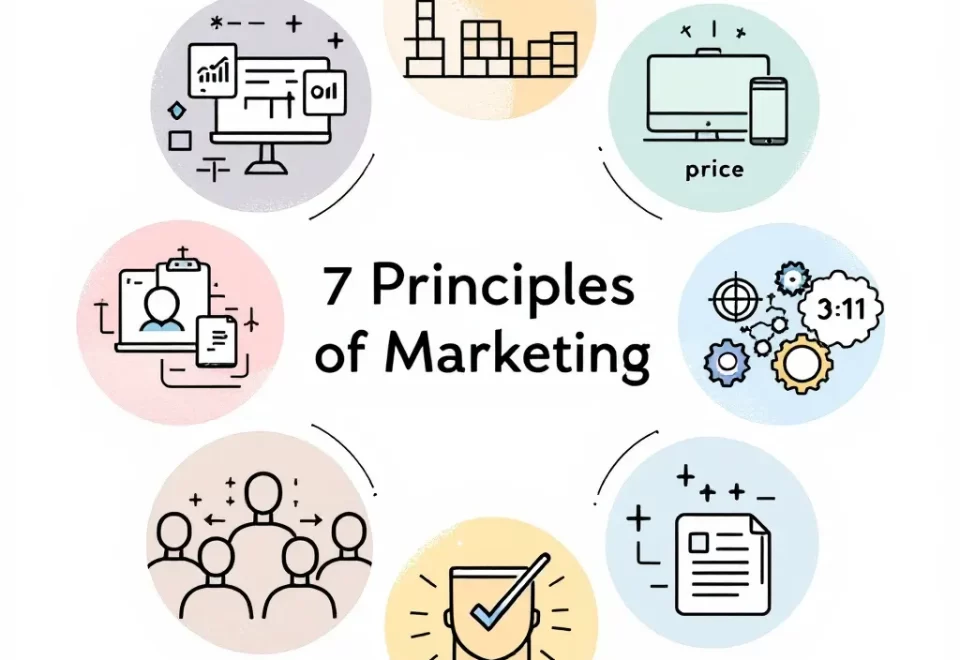There is one straightforward aspect of value-oriented marketing that marketers stand by, and that is the benefits that customers perceive against the cost of their services/products.
The marketing strategy involves analyzing available customer data so marketers can better understand and satisfy customers’ expectations and needs while minimizing costs, developing long-term loyalties, and offering a unique value proposition for lasting brand stickiness.
What is Value-Oriented Marketing?
A value-oriented or value-based marketing plan is a marketing strategy that is less product-based and more consumer-based. There is less emphasis on the product itself and the entire marketing focus shifts to satisfy customers’ ethics and values.
The mentality that is prominent among most enterprises is that customers also care for brand value and not merely the products. The emotional attachment runs deep enough to ensure that customers stick to the brand they love despite getting better deals elsewhere.
Moreover, customer’s themselves address shopping or purchasing authenticity to a brand’s values when deciding on a purchase. When consumers perceive the situation as such, it usually results in a positive shopping experience and translates to lead generation for a good business.
Why Should You Make Use of Value-Based Marketing?
Value-based marketing involves constantly measuring the return on investment of their marketing campaigns against ethical advertising standards. If a value-based marketer is not measuring the return on investment of their marketing campaigns, they are not following the most important rule of value-based marketing.
Value-oriented marketers strive to create long-term relationships with their customers by providing them with value. They are interested in establishing a fair exchange between the customer and the company.
Value-oriented marketers actively seek out new ways to curate mutually beneficial relationships and systems in which both the customer and the company benefit.
There are many ways to measure the return on investment of a marketing campaign, but the most important thing for a value-based marketer to remember is that they must always be measuring and strive to improve the value they are providing to their customers.
Do you want to build a loyal customer base with value-oriented marketing?
How Effective is Delivering Value in the Name of Marketing?
Delivering value is a cornerstone of value-oriented marketing, and it’s something that customers perceive as a competitive advantage. If you can deliver value consistently, you’ll be able to build a loyal customer base and a solid reputation.
There are a few ways to go about delivering value, and the best approach depends on your product or service. You can offer a discount, provide free shipping, or throw in an extra item with each purchase. You can also focus on delivering exceptional customer service or creating unique and innovative products.
No matter what approach you take, delivering value is essential for success in today’s competitive marketplace. We can understand why delivering more than just customer satisfaction makes such an impact on marketers who constantly measure benefits through this following example.
According to this case study, a video was presented to the masses where a supermodel was shown practicing kickboxing with texts appearing on the walls around her targeting her for trying something beyond her usual activities and comfort zone.
Even though the anonymous social media texts were discouraging and demoralizing, the supermodel was doing her best to do what she wanted by blocking out as much negativity as she could.
Through this campaign, the brand portrayed and reinforced the idea that a person can achieve anything they strive for once they put their mind to it and pursue it with utmost dedication.
The promotional effectiveness of the campaign ended up garnering millions of positive impressions with an almost 25%+ increase in sales for the brand. From this example, we understand that consumers value and actively seek meaningful interactions with a brand for a personal and memorable customer experience.
This, in turn, reinforces the fact that value-oriented marketers constantly measure benefits that customers perceive against the costs given.
What are the Core Value Elements of Customers That You Can Maximize on?
When it comes to forming meaningful interactions and relationships with a brand there are specific categories or core practices that marketers delve into to improve their efforts. Besides, if you’re new to the value-oriented transactions, you can begin your venture by exploring these categories and applying whichever best suits your brand and audience.
In order to market effectively to consumers, it is important to understand what values are important to them. There are many different values that people may hold, but some of the most common are Freedom, Purpose, Tradition, Security, Achievement, and Pleasure.
Each of these values can play a role in shaping consumer behavior, so it is important for marketers to be aware of them.
Freedom
Freedom, for example, is an important value for many people. They may want to feel free to choose their own products and services, and they may be turned off by marketing that feels too constrictive or controlling.
Purpose
On the other hand, Purpose is a value that can inspire the everyday buyer to make purchase decisions. If they believe that a product or service will help them achieve their goals, they may be more likely to buy it.
Tradition and Security
Tradition and Security are also important values for many consumers. They may prefer products and services that have a long history and track record of success, and they may be hesitant to try new things.
Achievement and Pleasure
Finally, Achievement and Pleasure are two values that often go hand-in-hand. People who seek achievement may also enjoy products and services that provide a sense of satisfaction or pleasure.
By understanding which values resonate with your target audience, you can create marketing messages that are more likely to resonate with them on a deeper level. And in a world where so many brands are vying for attention, that can make all the difference.
A few Examples of Value-based Marketing in Action
Value-oriented marketers make the most of the opportunity by exploring multi-faceted ideas of personalizing the customer experience to nurture leads and foster successful conversion.
Here are two examples where a brand’s identity becomes more relatable and speaks for the trade and others equally, where customers receive more value than the product.
Dove – Purpose as a core practice
Dove used niche marketing wonderfully to target a wider reach of women surrounding their brand mission. The main idea was to show that beauty can be found within and it doesn’t come from cosmetic applications.
This ideology was more about people than just materialistic, business-centric, or promotional in nature.
At the end of the campaign, people felt a genuine connection and a sense of acceptance from the brand, a unique value proposition that set Dove apart from its competitors and raised its primary customer base beyond its previous numbers.
Body confidence is a sensitive matter and is less talked about. Basing their campaign around this social issue in their recent campaigns has catapulted Dove’s brand presence globally, appealing en masse to their customer bases’ values and effectively addressing customer needs.
Now is the time to build a solid reputation with our value-oriented marketers.
TOMS – purpose and achievement as core practices
You must have heard of the ‘One-for-One’ initiative launched by TOMS to raise practical donations, ie. shoes, for the needy through a brilliant campaign.
The campaign sought to donate one pair of shoes for one bought from them, appealing to new customers and companies alike, and creating a fresh consumer base. Following up on this thread, TOMS launched a second campaign called ‘One Day Without Shoes’ where they encouraged their Instagram followers to post and tag pictures of their bare feet. In turn, TOMS donated a pair of shoes for each picture tagged.
TOMS mastered the art of using social media to reach out to people, thus emphasizing customer experience through an innovative means, garnering greater brand exposure through their selfless offerings.
Moral of the Stories
Whether it is promoting your existing products or fulfilling price maximization or just reaching out to a wider consumer base, value-based marketing can be an effective tool in helping marketers ace their efforts and meet ethical advertising standards simultaneously.
Of course, the path to find opportunities and the right one is different for different enterprises, but when invested in gives value-oriented marketers more customer data to analyze and break down to nurture productive leads, and gain successful conversion.
Final Thoughts About What Value-Oriented Marketers Constantly Measure
Value-based marketing isn’t just all fluff. What value-oriented marketers constantly measure is a primary means to break through the digital clutter to reach their niche audience. They realize that companies are most efficient for their customers when they’re not busy being everything for them.
Quantifying this aspect, broadening its application, and then uniquely integrating every buyer’s needs, prospects, and expectations help in effectively communicating brand values and powerfully setting the brand apart.
It is when your customers receive such value and become your brand advocates willingly, that you have succeeded in utilizing value-oriented marketing.
Growth Hackers offers you just the opportunity and means to identify and capitalize on marketing ventures as a successful digital marketing company well-versed with customer engagement and satisfaction. Our team of industry-certified individuals will guide you through your marketing doubts and help you find the right funnel to capitalize on. Reach out to Growth Hackers today and get your marketing game started to experience the fruits of value-oriented results.







